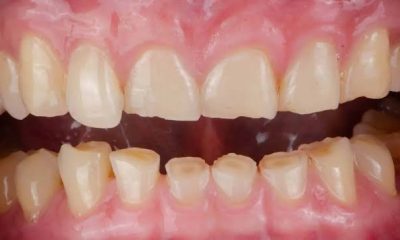

What Is Bruxism? Bruxism is the medical term for grinding or clenching your teeth, often unconsciously. It can happen while you’re awake (awake bruxism) or during...
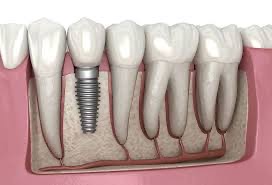

What Are Dental Implants? Dental implants are artificial tooth roots made of titanium that are surgically placed into the jawbone. Once healed, they serve as a...


Start Early! Good oral habits should begin as early as possible. As soon as your child’s first tooth appears, you can start brushing with a soft,...
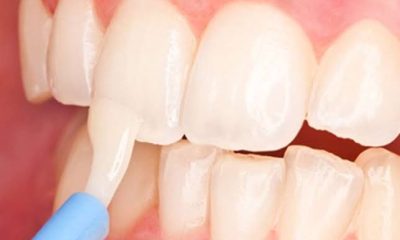

What Is Fluoride? Fluoride is a natural mineral found in water, soil, and certain foods. It plays a major role in protecting teeth by strengthening enamel...
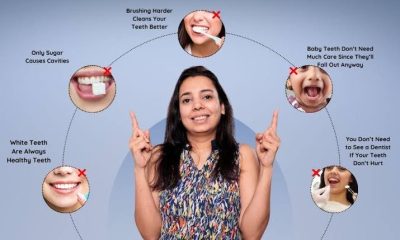

Myth 1: If My Teeth Don’t Hurt, They’re Fine One of the dental health myths says Pain is not the only sign of dental problems. Cavities,...
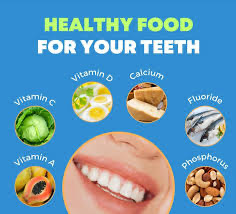

Calcium-Rich Foods Strengthen Enamel Your teeth are made mostly of calcium, so eating calcium-rich foods is essential for maintaining strong enamel. Dairy products like milk, cheese,...
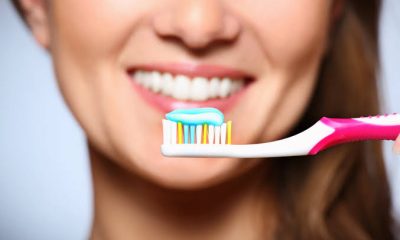

Prevents Plaque and Cavities Brushing twice daily is the first line of defense against tooth decay and gum disease. Throughout the day, bacteria in your mouth...


What Is Tooth Sensitivity? Tooth sensitivity is a sharp, sudden pain or discomfort when your teeth come into contact with hot, cold, sweet, or acidic foods...
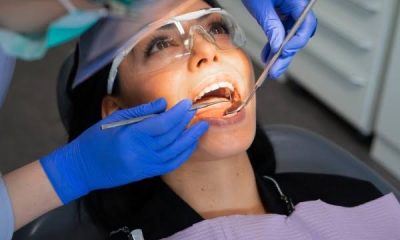

Early Detection of Dental Issues Visiting the dentist every six months helps identify oral problems before they become serious. Cavities, gum disease, and even oral cancer...


Gum Disease and Inflammation Poor oral hygiene can lead to gum disease, which causes inflammation in the mouth. This inflammation doesn’t just stay localized—it can enter...